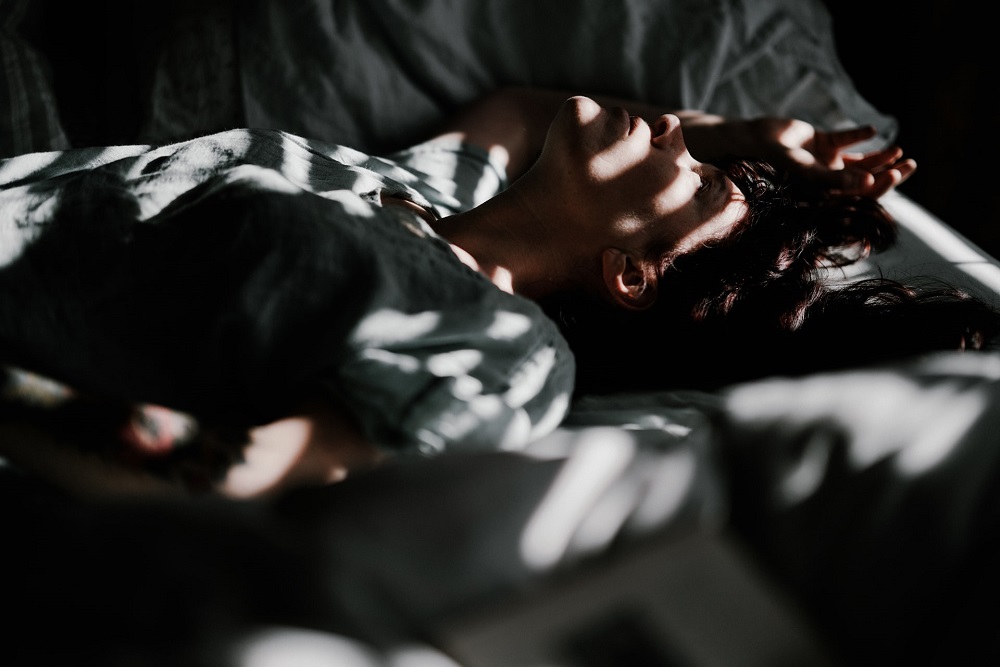
28 May COVID19-related Insomnia
When we sleep, our subconscious – which lies dormant during our waking lives – has a chance to play. This might be why your dreams are weirder than usual. Sure, dreams are quite fantastical on regular occasions, but if you’re experiencing more night terrors or distressing dreams, it could be that your mind is trying to process the stress brought on by the global pandemic.
“We are in the midst of collective trauma,” says Christy Beck, State College therapist begins, “something none of us have experienced in our lifetime, and sleep disturbance is a common trauma response, along with anxiety and depression.”
While some are fighting through disturbing dreams, others are experiencing insomnia.
Your sleep is incredibly important, especially now, as it forms part of a balanced lifestyle that encourages a functioning immune system. If you have bouts of insomnia, there is advice below that will help you:
DON’T PANIC
The World Health Organisation insists that we all be kind to our minds. A lot, if not all, of us are dealing with the fear and anxiety of battling a deadly and invisible virus that we can pick up from touching a contaminated door handle or grocery item, or being in the spray zone of an infected individual sneezing.
Don’t ignore your feelings or berate yourself either. We are all trying to do what we can to survive. If you confront your feelings head-on, you’re in a better position to overcome them.
LULL THE MIND
Whether through meditation or prayer, you can calm your mind to sleep while in bed. Meditation is effective if you want to relax and let go of negative feelings. Repeating a reassuring mantra can induce a trance-like state that will drift you off to dreamland, while prayer offers a happy median of both. You needn’t do it on your knees, simply lie in a comfortable position and to whomever or whatever you perceive The Creator to be. Meditative movement is also a possibility – stretches or yoga for bedtime allows you to ease into a more relaxed state.
DIGITAL CURFEW
Excluding essential workers, we’ve all spent a bulk of our days indoors. Because we’ve been operating from our homes and not allowed to go to the gym, or exercise in the mornings until recently, there’s been no pressing need to get up early. We’ve stayed up late, often on our phones or watching TV. The light emitted from our tech devices trick our biological clocks into thinking it’s still daytime.
A simple remedy for this is to put your gadgets down at a set time, maybe 8pm, so your senses aren’t hyperactive when you want to lay down for the night. Reading, board games or playing cards are alternative entertainment sources for after dinner.
COMPARTMENTALISE
Working in bed is incredibly comfortable but it won’t help your sleeping pattern at all. When you spend your whole day, or even hours after waking up, in bed, what you are doing is associating the space with productivity and the undercurrent of stress work demands. Your brain will struggle to settle into sleep in the same space because of that muscle memory. Assign spaces dedicated to specific things and don’t blur those lines.
https://www.webmd.com/sleep-disorders/dreaming-overview
https://qz.com/1840728/how-to-tackle-insomnia-and-nightmares-during-covid-19/
https://www.sleepfoundation.org/sleep-guidelines-covid-19-isolation
https://www.verywellmind.com/facts-about-dreams-2795938



Louise
Posted at 08:28h, 15 JuneVery helpful information (as i get out of bed with my laptop to go to the work space!)